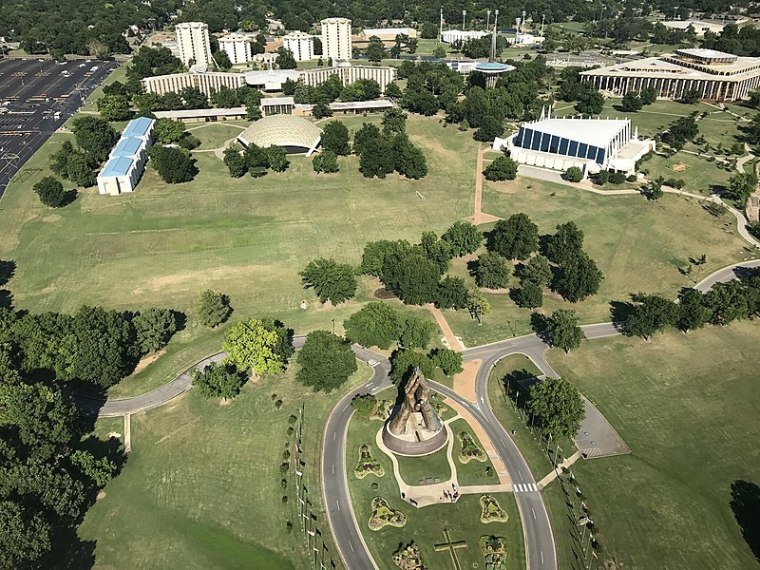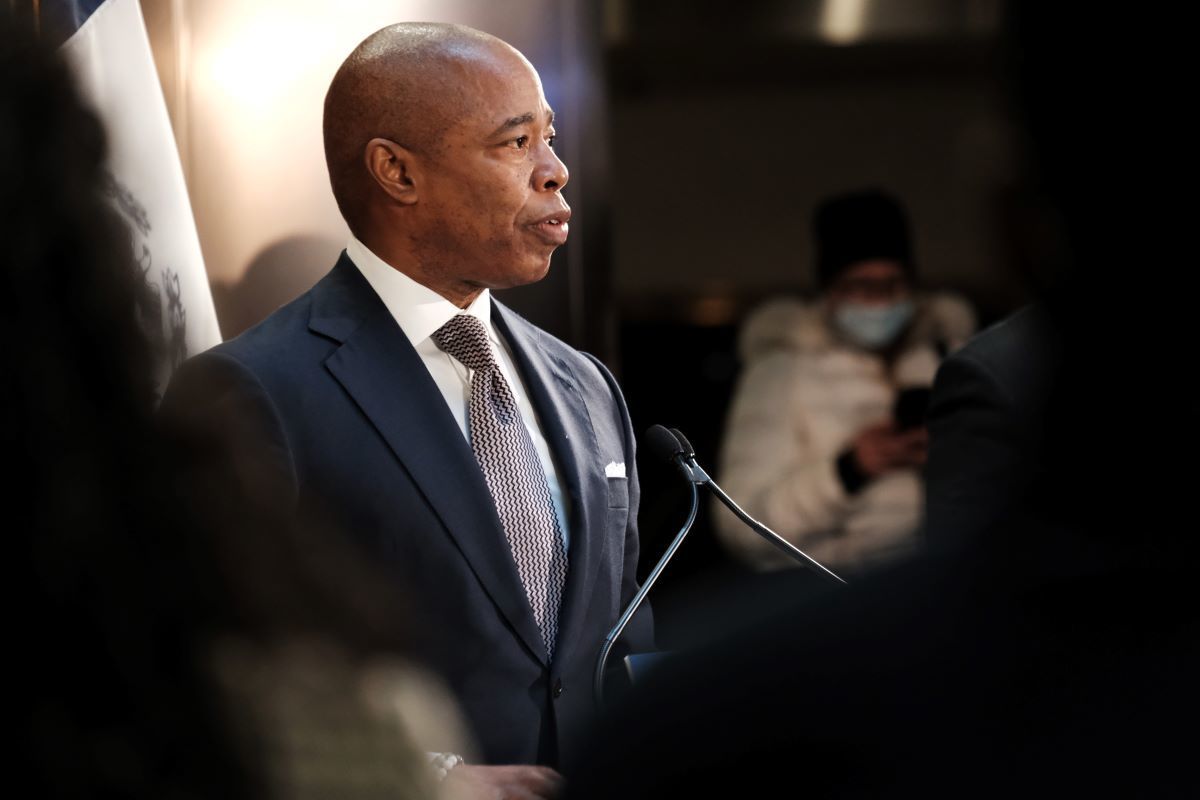
Oral Roberts University, a private Evangelical school in Tulsa, Oklahoma, has been awarded a historic grant of more than $2.2 million by the U.S. Department of Education to help its growing population of at-risk students triggered in part by the impact of the COVID-19 pandemic and subsequent lockdowns.
The award, which was acknowledged as the largest academic grant in the school’s history, came from the DOE’s Strengthening Institutions Program and is expected to be disbursed over five years, the university announced Wednesday, and ORU President William M. Wilson said he was “thrilled.”
“We deeply appreciate this generous Department of Education grant and the arduous efforts of our faculty in applying. The funds we receive over the coming years will help ORU take our programs and services for at-risk students to a new level. We are thrilled to expand our resources, and the results will change the trajectory of students’ lives,” Wilson said.
Among the listed goals of the grant are improving the six-year graduation rate, increasing the minority and Pell-eligible six-year graduation rate, and expanding academic support for at-risk students.

University Provost Kathaleen Reid-Martinez said in a statement that the at-risk student crisis is one of the “biggest challenges” in higher education in the wake of the pandemic.
“We are very fortunate at ORU that leadership recognized the post-pandemic challenges impacting so many students. It’s very encouraging that the Department of Education saw the value in our grant application and in our approaches to helping students fulfill their goals and dreams,” Martinez said in a statement.
Officials at the university explained that while institutions of higher learning have long been serving at-risk students like first-generation college students, transfer students, and international students, they have seen an increase in that population of students who have been falling behind academically due to Pandemic Learning Loss along with social, emotional, and financial challenges.
The Lumina Foundation-Gallup State of Higher Education 2022 study published in March, showed that some four in 10 students enrolled in a post-secondary education program considered “stopping out” in the past six months and the most commonly cited reason was “emotional stress.” The survey, which was conducted Oct. 26 to Nov. 17, 2022, included more than 12,000 U.S. adults aged 18 to 59 who have a high school degree/diploma or equivalent and have not yet completed an associate or bachelor’s degree.
Some 3,949 were enrolled in an associate or bachelor’s degree program, 2,059 were enrolled in a certificate or certification program, 3,004 had some college experience but no degree and are not enrolled, while 3,003 individuals have never enrolled in higher education.
“Regardless of the causes, findings from Stressed Out and Stopping Out: The Mental Health Crisis in Higher Education underscore the urgency of the issue by highlighting the frequency with which college students — particularly those in bachelor’s programs — report experiencing emotional stress and the extent to which issues related to mental health dominate students’ reasons for potentially stopping their coursework,” researchers noted.
Another survey published last month by Gallup showed that the majority of college students reported feeling stress and worry the previous day, while significant minorities reported experiencing loneliness and sadness.
“This grant is a game-changer for ORU. It will provide resources to support students, including those facing barriers to obtaining their degree,” said Kim Boyd, assistant to the provost who oversees many of ORU’s grant activities. “Faculty will participate in grant-sponsored professional development activities that focus on mentorship and advisement, and professors will benefit by applying teaching strategies that engage students.”
Contact: leonardo.blair@christianpost.com Follow Leonardo Blair on Twitter: @leoblair Follow Leonardo Blair on Facebook: LeoBlairChristianPost
Free Religious Freedom Updates
Join thousands of others to get the FREEDOM POST newsletter for free, sent twice a week from The Christian Post.




























![[Video] More – Aghogho » GospelHotspot](https://gospelhotspot.net/wp-content/uploads/2024/04/More-Aghogho.jpeg)
















